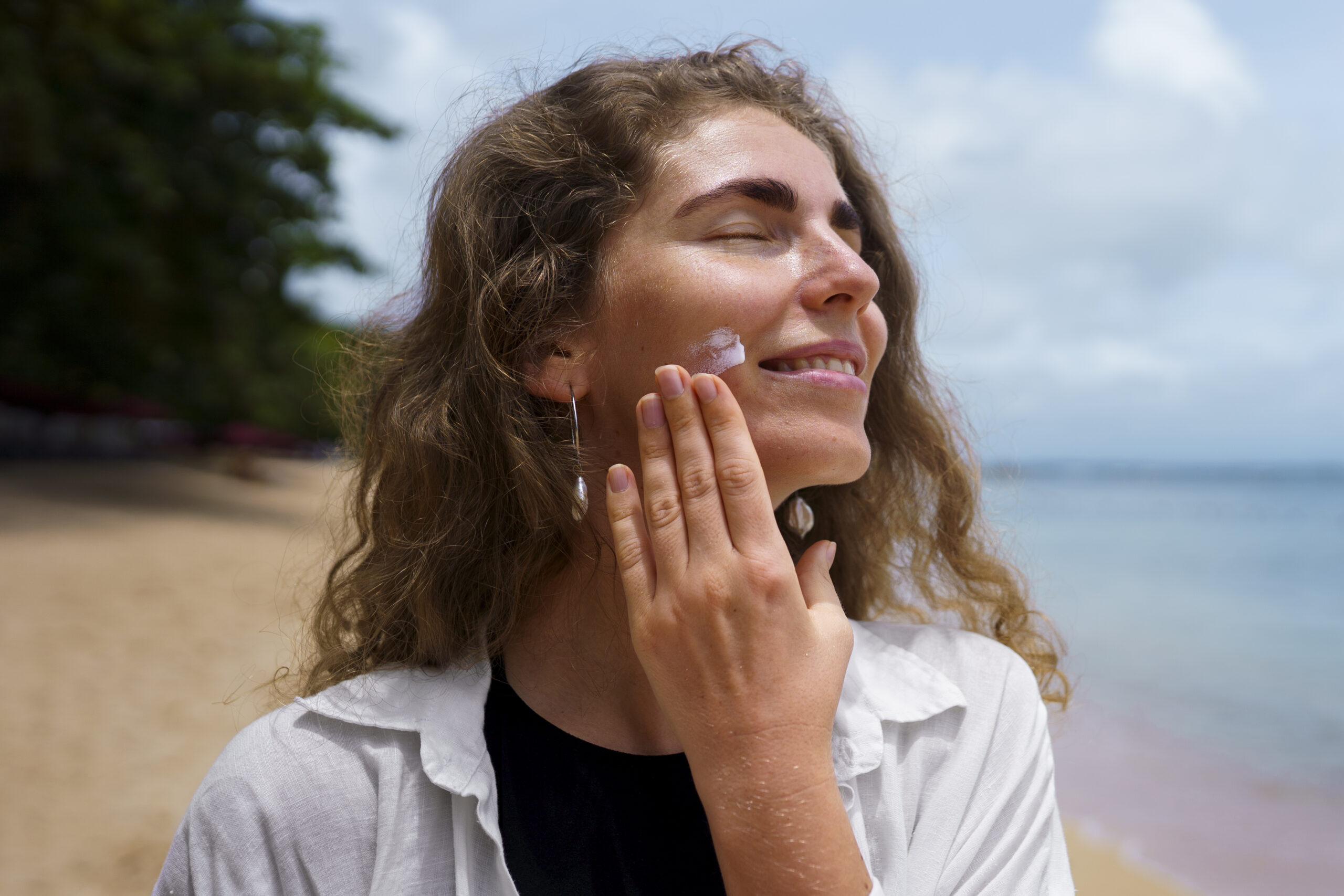Skin cancer is one of the most common cancers worldwide, with over 5 million cases diagnosed annually in the U.S. alone. Prolonged exposure to ultraviolet (UV) rays is the leading cause, making prevention strategies a global health priority. This brings us to an important question: Does Sunscreen Prevent Skin Cancer?
Cancer remains the second leading cause of death in the United States overall and the top cause among people under 85. The COVID-19 pandemic disrupted cancer care in 2020, delaying diagnoses and treatments due to healthcare closures, job losses, lack of insurance, and fear of exposure.
These delays may lead to more advanced-stage diagnoses and higher mortality in the coming years, with modeling suggesting thousands of excess colorectal cancer deaths by 2040.
Communities of color have been disproportionately affected, facing slower recovery of screenings and deepening disparities. This article highlights the projected new cancer cases and deaths for 2025, reviews national and state-level data through 2022, and emphasizes the progress made in reducing cancer mortality over recent decades.
According to the Skin Cancer Foundation and National Cancer Institute, daily sunscreen use significantly lowers the risk of both melanoma and non-melanoma skin cancers. Sunscreen works by blocking or absorbing harmful UVA and UVB rays, which are known to damage skin cells at the DNA level.
In this blog, you can explore how sunscreen works, what research says, and whether it truly protects against skin cancer.
Does Sunscreen Prevent Skin Cancer?
The main role of sunscreen is to shield skin from UV radiation, which is the primary environmental cause of skin cancers such as basal cell carcinoma, squamous cell carcinoma, and melanoma.
UVB rays are particularly harmful, as they directly damage DNA, leading to mutations that trigger cancerous growths. UVA rays, on the other hand, penetrate deeper and contribute to premature aging and indirect DNA damage. By using a broad-spectrum sunscreen, both types of UV rays are blocked, significantly lowering long-term risks.
When asking if sunscreen prevents skin cancer, scientific studies provide clear evidence. Population studies have shown that regions with higher sunscreen awareness and usage report lower skin cancer rates compared to areas with limited access to sun protection.
ALSO READ
5 Most Common Types of Skin Cancer To Protect Yourself
Benefits Beyond Cancer Prevention
Many people assume sunscreen is only about preventing sunburn, but its benefits extend far beyond that. By reducing DNA damage from UV radiation, sunscreen lowers the risk of precancerous lesions (actinic keratoses), which are early warning signs of squamous cell carcinoma.
Additionally, consistent use slows down photoaging, preventing wrinkles, sunspots, and skin discoloration caused by cumulative sun damage.
Understanding the question Does Sunscreen Prevent Skin Cancer also includes recognizing its role in overall skin health. Sunscreen helps maintain a stronger skin barrier, protects against immune suppression caused by UV rays, and minimizes long-term oxidative stress.
These combined effects not only reduce cancer risk but also promote healthier and more resilient skin over time.
Common Misconceptions About Sunscreen

One of the biggest myths around sunscreen is that it provides complete protection. While it dramatically lowers risks, no sunscreen can block 100% of UV radiation.
People who believe sunscreen alone is enough may spend excessive time in the sun, which increases exposure. Protective clothing, shade, and avoiding peak sun hours are equally important measures.
Another misconception is that darker skin tones don’t need sunscreen. While melanin offers some natural protection, it does not make anyone immune. Studies have shown that skin cancer in people with darker skin is often diagnosed at later stages, making it more dangerous.
This proves that regardless of skin type, when asking Does Sunscreen Prevent Skin Cancer, the answer is yes consistent use benefits everyone.
How to Use Sunscreen Effectively
To truly answer Does Sunscreen Prevent Skin Cancer, proper application matters as much as the product itself. Dermatologists recommend using a broad-spectrum sunscreen with SPF 30 or higher, applied 15–30 minutes before sun exposure.
An adult should use about one ounce (a shot-glass full) to cover the body adequately. Reapplication every two hours or immediately after swimming or sweating is essential for effectiveness.
Consistency is also key. Sunscreen should be part of a daily skincare routine, not just during outdoor activities. UV rays penetrate through clouds and even windows, meaning exposure happens year-round.
By making sunscreen a habit, individuals significantly reduce cumulative UV damage, which is the root cause of most skin cancers.
Final Thoughts
So, Does Sunscreen Prevent Skin Cancer? The evidence is clear: yes, it does when used correctly and consistently. While it is not a foolproof shield, sunscreen remains one of the most effective and accessible tools for reducing skin cancer risk. Combined with other sun-safe practices, it provides long-term protection and supports healthier skin. The key takeaway is that sunscreen is not just cosmetic, it’s preventive medicine in a bottle. Incorporating it into daily life, regardless of skin type, age, or season, is a vital step toward reducing the global burden of skin cancer.
FAQs
Does Sunscreen Prevent Skin Cancer Completely?
No sunscreen blocks 100% of UV rays, but regular use significantly lowers the risk of melanoma and non-melanoma skin cancers. It works best when combined with shade and protective clothing.
Does Sunscreen Prevent Skin Cancer in People with Darker Skin?
Yes, sunscreen is beneficial for all skin tones. While darker skin has more melanin, which provides some protection, it does not prevent cancer entirely.
Does Sunscreen Prevent Skin Cancer if only used during the summer?
Not entirely. UV rays are present year-round, even on cloudy days and through glass. Daily use of sunscreen offers the best protection.
Does Sunscreen Prevent Skin Cancer in Children?
Yes, sunscreen is highly effective for children, and early protection lowers their lifetime risk. Childhood sunburns are a major risk factor for melanoma later in life.



Join The Discussion